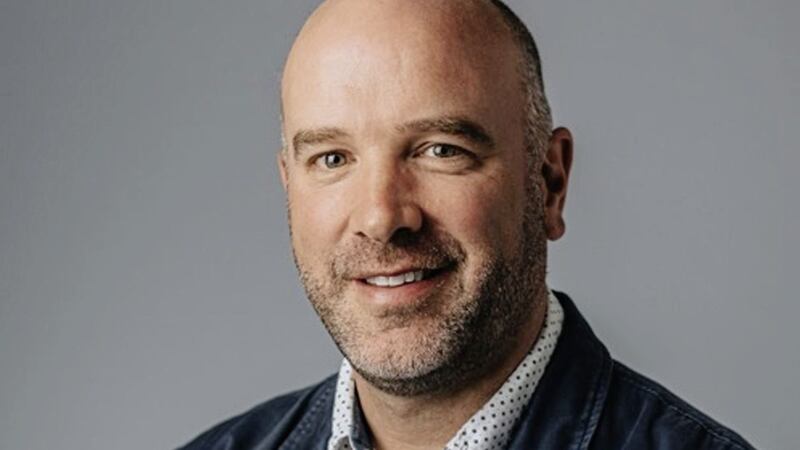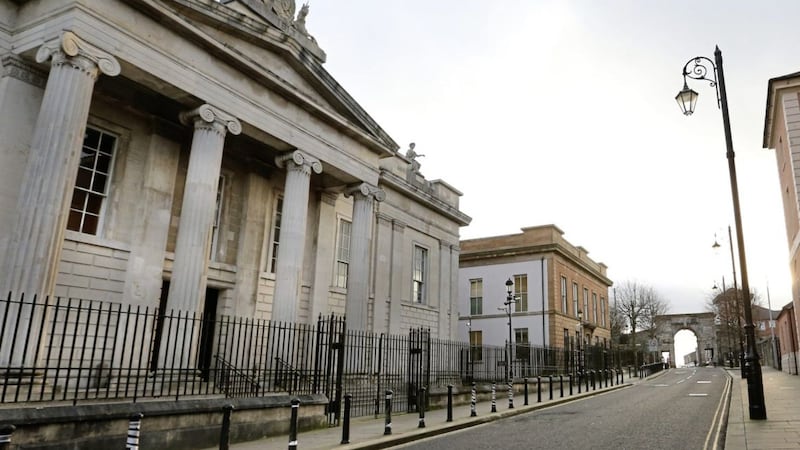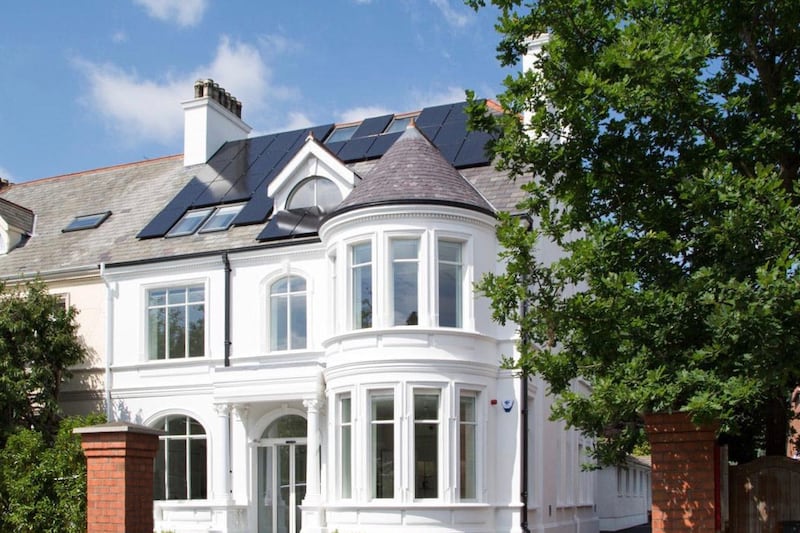BREAST and prostate were the most common forms of cancer diagnosed in Northern Ireland over the past five years.
According to figures released by Queen’s University Northern Ireland Cancer Registry, there were 9,861 patients diagnosed with cancer between 2015 and 2019.
Of these, the majority were men.
The most common form of cancer diagnosed in women during the period was breast cancer with 1,479 cases per year.
This was followed by 649 cases of lung cancer per year and 522 cases of bowel cancer per year.
For men, the most common cancer was prostate, of which there were 1,238 cases per year.
This was followed by 690 cases per year of lung cancer and 649 cases of bowel cancer per year.
The figures also reveal that cancer incidence rates were greatest for those aged 85-89.
The odds of developing cancer by the age of 75 during 2015-2019 was one in 3.4 for men and one in 3.7 for women.
By the age of 85 it was one in two for men and one in 2.5 for women.
Despite this, on average 50 children, aged up to 14, were diagnosed with cancer each year in Northern Ireland during the five-year-period.
It was also found that over the past five years, the average number of cancer cases per year increased by 11 per cent.
However, it is though these increases are largely due to an ageing population.
Incidence rates of cancer during 2015-2019 were found to be seven per cent higher among people living within the Belfast Health Trust area while rates were lower for those living in the South-Eastern Trust area.
Cancer rates were also found to be 14 per cent higher in the most deprived areas and were four per cent lower than average in the least deprived areas.
It was also found that five-year survival increased among men from 53 per cent to 54 per cent and among women from 56 per cent to 59 per cent.
At the end of 2019 there were 68,361 people living in Northern Ireland who had been diagnosed with cancer since 1995.
This figure included 11,620 men living with prostate cancer and 16,931 women living with breast cancer.
Richard Spratt, CEO of Cancer Focus NI, said the figures are a "vital resource to help us identify trends and future practice, policy and strategy.
"The data starkly highlights the need for a strong, comprehensive and fully resourced cancer strategy which has prevention and early diagnosis at its core," he said.







